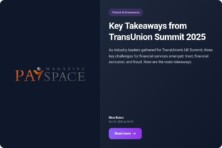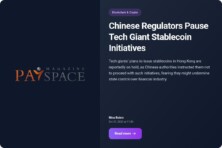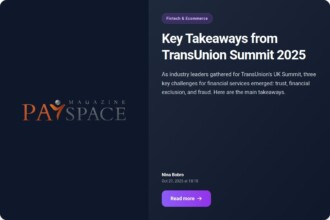Impact Entrepreneur, CEO, and Co-founder at SocialBoost
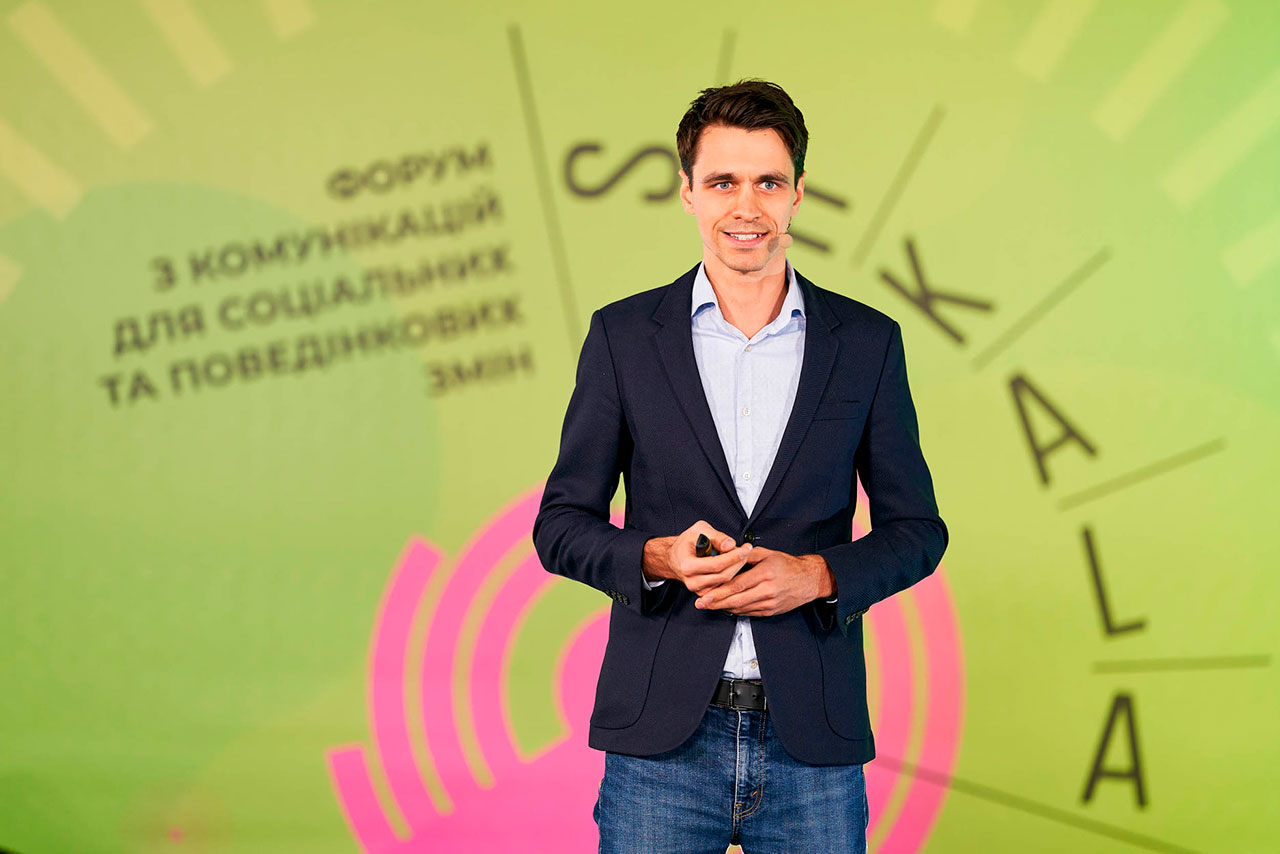
Viktor Gurskyi is an impact tech expert and co-founder of the international civic tech organization SocialBoost, which brings together startups and technical expertise with governments and civil society to solve problems in developing economies.
Viktor coordinates the development of IT services and programs for cities and communities that promote digitalization and participation. The most famous case in e-democracy is the “Public Project” platform, which automates participatory budgets for Ukrainian cities and communities. Viktor’s team is also working on the Dosvit platform, which allows communities to create their modern websites, demonstrate investment potential and offer citizens the necessary applications in the field of participation.
Viktor takes an active part in developing and implementing programs of the flagship project of SocialBoost — 1991 Accelerator. Ukraine’s first and largest pipeline accelerator focusing on impact tech helps turn ideas into real startups that provide services to citizens, businesses, and government bodies.
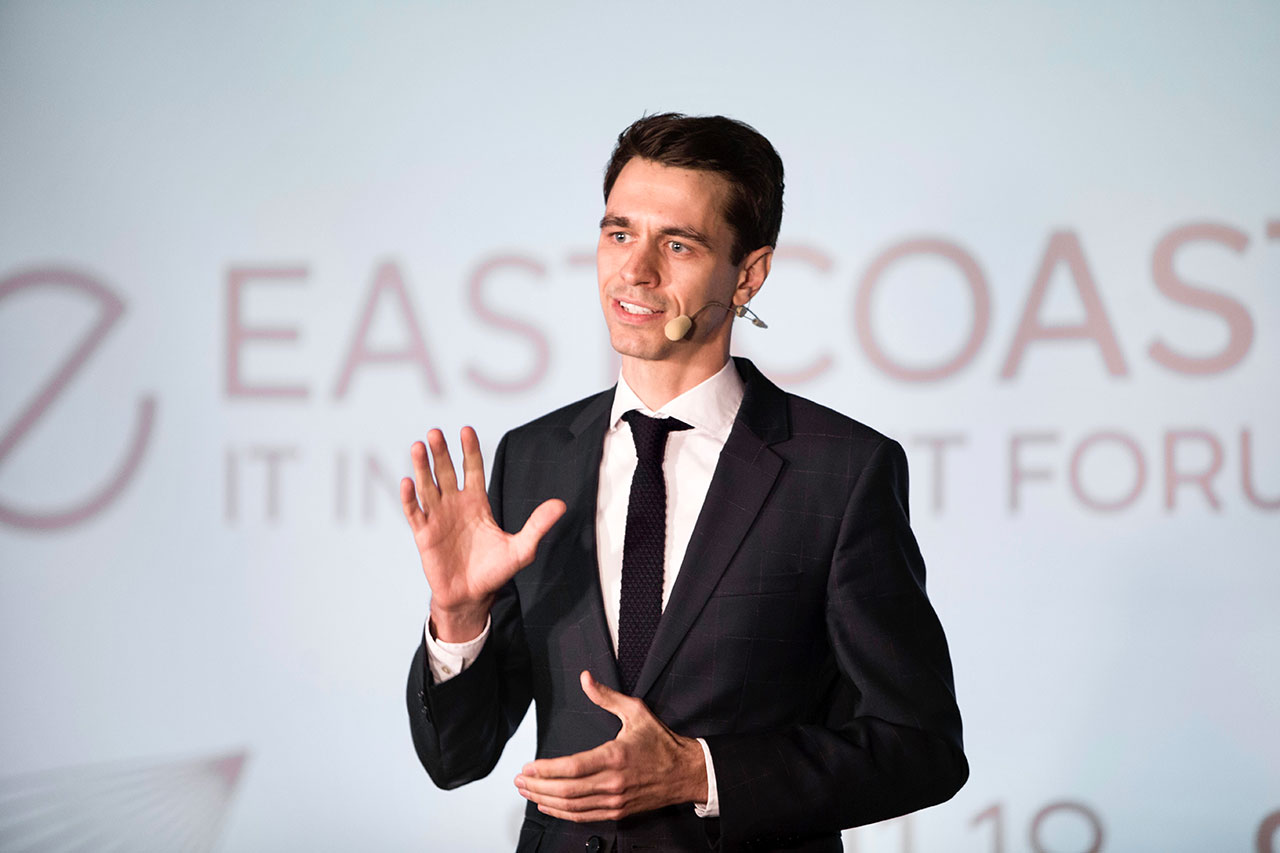
What do you think are the three key changes that have happened to the Ukrainian startup ecosystem due to the full-scale war?
Before the full-scale invasion, Ukrainian startups were an example for the entire technological world to follow. Unfortunately, 2022 brought many challenges to the sector: relocations, contract suspensions, and budget cuts. Despite everything, we again came out on top: according to the Dealroom research, the national startup industry has grown nine times over the past five years, which puts us in the TOP-3 countries in Central and Eastern Europe according to this indicator.
Nevertheless, we see some changes that significantly affected the work of startups in Ukraine:
- Retention and safety of the team as the highest priority
The main challenge for IT specialists was relocation. 64% of them were forced to move because of the war, but 24% have already returned to where they lived before the start of the full-scale invasion. Yes, we are talking not only about startups but also about large companies, but the movement affected almost everyone. For example, we had to close the 1991 Mariupol Startup Development Center, and now our team is helping startups from the East that worked with us until 2022 to find opportunities for development in other regions and international markets.
- Reformatting of business processes
One of the main tasks for startups now is to support operational activities and ensure stable operation in conditions of problems with power supply, communication, etc. If we are talking about a relocated team, tasks related to the organization of workplaces, remote work, etc., are added. Founders reject risky decisions and focus on sustainable development strategies, often avoiding experiments, testing hypotheses and ideas.
- Decrease in investment
After the frenzied investments in startups in 2020 and 2021, the global market has become soberer: investors evaluate startups more realistically, focusing on companies’ efficient use of capital. At the same time, the trend towards caution among investors is “adjacent” to the emergence of funds focused on developing Ukrainian startups and non-equity financial support from large corporations such as Meta, Amazon, and Google, which did not exist before the war.
How did the number of startups change before and during the full-scale war?
Unfortunately, there have not been full-fledged national or international studies of the Ukrainian startup ecosystem in recent years. But we can focus on the report on the state of the technological ecosystem of Ukraine from 360 Tech Ecosystem Overview.
According to these data, in 2020, there were 1,700 product and 533 service companies in Ukraine. In 2023, the numbers increased: 1,817 product and 560 service companies. The growth is due to the extraordinarily rapid and successful development of the industry in recent years, which, even in the case of a full-scale invasion, did not stop, but only slowed down.
What niches/industries/ideas are Ukrainians betting on in creating startups?
2022 changed priorities for developing the technological sector towards projects that increase the country’s defense capabilities. We get acquainted with new Ukrainian military tech developments almost every month, from drones for heavy cargo to augmented reality systems for tanks.
Startups working with cyber security deserve special attention. Ukrainian specialists have been working in this direction for a long time because the state request for cyber defense is over one year old. In 2022, the number of cyberattacks on critical infrastructure, businesses, and ordinary citizens has increased many times, which has led to the development of projects in this direction.
The trend towards digitization of various sectors is going strong too. If earlier it was due to the global pandemic and the transition to online of almost all services, today the Ukrainian offline is under constant threat from the enemy. Therefore, online medicine, services for remote work, and virtual learning platforms have reached a new level precisely because of wartime conditions.
What, in your opinion, are the prospects for military technology in Ukraine?
Last year became a landmark for Ukrainian military tech companies because it proved the synergistic effect of cooperation between the public and private sectors. The challenges the government faces in connection with a full-scale invasion would be extremely difficult to solve without the participation of national companies and startups working with defense technologies.
In November, SocialBoost joined as organizers the National Defense Hackathon 2022, which was held together with the Ministry of Defense of Ukraine, the General Staff of the Armed Forces of Ukraine, the National Coordination Center for Cyber Security, the Center for Countering Disinformation, CRDF Global in Ukraine, the US State Department, NATO, the Embassy of the United Kingdom of Great Britain and Northern Ireland in Ukraine, Cyber Unit Technologies. For three days, more than 300 IT specialists, selected from among thousands of those who applied for participation, worked on tasks related to programming, countering cyberattacks, data analytics, countering information, and psychological operations. The participants combined all the resources available in the commercial world to solve real problems at the state level.
Among the hackathon winners are public and private companies whose solutions are dedicated to cyber security and countering disinformation. The participation of the commercial sector in the event proves the readiness of state structures for interaction and joint work. New development opportunities are opening up for military tech startups because their developments are significant and necessary for our country.
It is worth noting that russia’s war against Ukraine determined not only the Ukrainian but also the global trend in military tech, which caused an increase in investments and the number of startups in this field.
Do startup founders bet on Ukraine, or perhaps they want to develop more in other countries?
In the first months of the full-scale war, many founders faced the question of what to do with their businesses. We see examples of opening offices abroad and restructuring business processes aimed at a Western audience. At the same time, most of the Ukrainian startups we know remained in Ukraine, although they are developing globally.
Ukraine has created all possible conditions for conducting business within the country. Regional IT clusters are being strengthened, support programs from the Ukrainian Startup Fund and the Ministry of Digital Transformation are being opened, and IT education is developing. We also have to pay attention to international support: global partners are launching donor programs and projects for the Ukrainian technological sector because they see the potential for the recovery of the country’s economy.
Analyzing the work of our 1991 Accelerator over the past year, we see that the demand for support and development assistance from Ukrainian founders has increased. In December 2022, we received more than 120 applications for the acceleration program. It grounds the opinion that Ukrainian startups are actively looking for opportunities to implement projects on the national market.
At the same time, we see that economically the Ukrainian market has shrunk, and the only way for startups to scale and build unicorns was and remains global development and attraction of investments from international markets.
Please tell us about the cooperation with the Ministry of Digital Transformation of Ukraine within the framework of the acceleration program for creating projects for the digital transformation of Communities. Who is this project for, and what is its purpose?
In February 2023, we started collecting applications for the acceleration program for Ukrainian communities, launched in partnership with the Ministry of Digital Transformation of Ukraine and with the support of the “U-LEAD with Europe” Program. The “Hromada 4.0” program will help current and future digital transformation leaders form concepts and launch digital projects based on the current needs of residents and community authorities.
russia’s full-scale invasion of Ukraine jeopardized the implementation of significant reforms, one of which is the reform of local self-government. Despite the shift in focus to centralized military and humanitarian support, municipalities are trying to maintain sustainable development, operate under budget deficits, and continue digitization processes that began before the war.
We are already seeing exciting and successful digital projects for and from communities. Our task is to help current and future leaders of digital transformation to select the most effective tools and implement them in local work to change people’s thinking along with the introduction of technology.
The “U-LEAD with Europe” program, which supports the acceleration program’s implementation, has been working for many years to strengthen the capacity of communities and prioritizes digital transformation as one of the key levers of community development. And the partner support of the Ministry of Digital Transformation of Ukraine will provide access to the best practices and resources developed over years of work in informatization.
We are forming a list of communities participating in the program, and already in March, we will start working on digital transformation projects together with leading digitization experts.
Please tell us about the startup grants the accelerator offers now.
In 2020, 1991 Accelerator received accreditation from the Ukrainian Startup Fund (USF), which promotes the creation and development of early-stage technology companies. The fund finances the training of startups in accelerators and supports them through grants. The process of selecting companies for financial support takes place on a competitive basis: technological businesses are evaluated by a board of independent investment experts.
Thanks to the partnership with USF, we can organize acceleration and mentoring programs for founders who want to improve their businesses and enter international markets. Since the beginning of 2023, five startups that have received a grant of 10 thousand dollars for training are undergoing acceleration: Knopka, G-MAK, ST1, Griselda, FoodBanka. We plan to continue to conduct training programs and announce such opportunities on our pages.
Tell us more about the development of programs in partnership with local authorities and various corporations.
In 2019, with the support of the municipality and the international organization USAID, we opened a unique project for the region — the 1991 Mariupol Startup Development Center. The center’s goal was to help the region’s IT talent grow. For this purpose, we conducted incubation programs, offered internship opportunities for young people, and organized events to build a dialogue between the authorities, businesses, and the IT community.
Thanks to the support and partnership relations with Mariupol local authorities, we could involve not only the city community but also specialists from the eastern region. In the 2010s, the intellectual capital of the settlements of the East decreased significantly, so we set ourselves an ambitious goal — to return specialists and develop the region’s IT sector ecosystem. For this, in addition to working with startups, the center’s team and representatives of local government institutions organized events for stakeholders interested in the economic development of the East, for example, EAST COAST: IT Investment Forum.
Despite the successful work and big plans for the further development of the technological sector of the East, the center stopped working due to the full-scale invasion of russia and the occupation of Mariupol. However, we received an incredible experience of “pumping” the entire region’s ecosystem and hope to apply the acquired knowledge, skills, and partnerships in future initiatives.
What is the most difficult thing about interacting with the public sector, corporations, and startups?
Participation in the development of the technological sector of all stakeholders — government institutions, business corporations, and young startups — is essential for achieving a synergistic effect. Each of the participants has their strengths and their roles in the ecosystem, and their interaction can be complicated for various reasons:
- Access: when dealing with the public sector, entrepreneurs and founders sometimes need to figure out who to talk to about specific issues.
- Bureaucracy: the desire of the state to support entrepreneurship is often accompanied by bureaucratic processes, such as drawing up documentation, arranging finance, etc.
- Short-term: joint campaigns and initiatives are often limited to certain periods and only form a sustainable ecosystem for a short time.
Open Data Portal data.gov.ua, the platform for conducting a participatory budget “Hromadsky Project,” national and international hackathons in which state institutions are the beneficiaries, tech solutions of national programs and competitions participants, etc. Considering the years of work, we can say that currently, most participants in the tech sector understand the advantages of cooperation and try to attract various resources to improve their work efficiency.
What plans does the company have for 2023, and what directions will it develop?
Currently, we are working in several directions at once. Firstly, it is the work with Ukrainian communities within the framework of the “Hromada 4.0” program. For five months, together with specialized specialists and experts, we will work on digital transformation projects for 48 communities, which we will present at the end of the summer.
Secondly, it is the support for the startup community. Nineteen teams are currently undergoing the acceleration program at 1991 Accelerator, and the public demo day will take place in April. Immediately after it, the next acceleration will begin.
In addition, throughout the year, we will help Ukrainian entrepreneurs by providing mentoring support. For this purpose, we have organized a meeting place between the founders and experts of Mentor Yard. Every month, we invite new specialists who provide free consultations to everyone.


